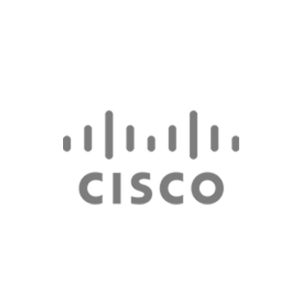Description
Who should attend
This course is primarily intended for:
- Network Engineers and Technicians
- Network Operations Center (NOC) Support Personnel and Help Desk Technicians
- Any individual involved in implementation and verification of routing protocols in the enterprise networks
If you are looking for a course that focuses on IPv6 for Service Providers, it is recommended that you attend FL-IPV6SPDI.
Prerequisites
- Routing, switching and access product knowledge and skills equivalent.
- Working knowledge of routing protocols
Course Objectives
Upon completing this course, you will be able to:
- Describe the factors that led to the development of IPv6 and possible uses of this new IP structure
- Describe the structure of the IPv6 address format, how IPv6 interacts with data link layer technologies, and how IPv6 is supported in Cisco IOS Software
- Implement IPv6 services and applications
- Understand the updates to IPv4 routing protocols needed to support IPv6 topologies
- Understand multicast concepts and IPv6 multicast specifics
- Evaluate the scenario and desired outcome and identify the best transition mechanism for the situation
- Describe security issues, how security for IPv6 is different than for IPv4, and emerging practices for IPv6-enabled networks
- Describe the standards bodies that define IPv6 address allocation, in addition to one of the leading IPv6 deployment issues—multihoming
- Describe the deployment strategies that service providers might consider when deploying IPv6
- Describe case studies for enterprise, service provider, and branch networks
Outline: IPv6 Fundamentals, Design & Deployment (IP6FD)
- Module 1: Intro to IPv6
- Module 2: IPv6 Operations
- Module 3: IPv6 Services
- Module 4: IPv6-Enabled Routing Protocols
- Module 5: IPv6 Multicast Services
- Module 7: IPv6 Security
- Module 8: Deploying IPv6
- Module 9: IPv6 and Service Providers
- Module 10: IPv6 Case Studies


